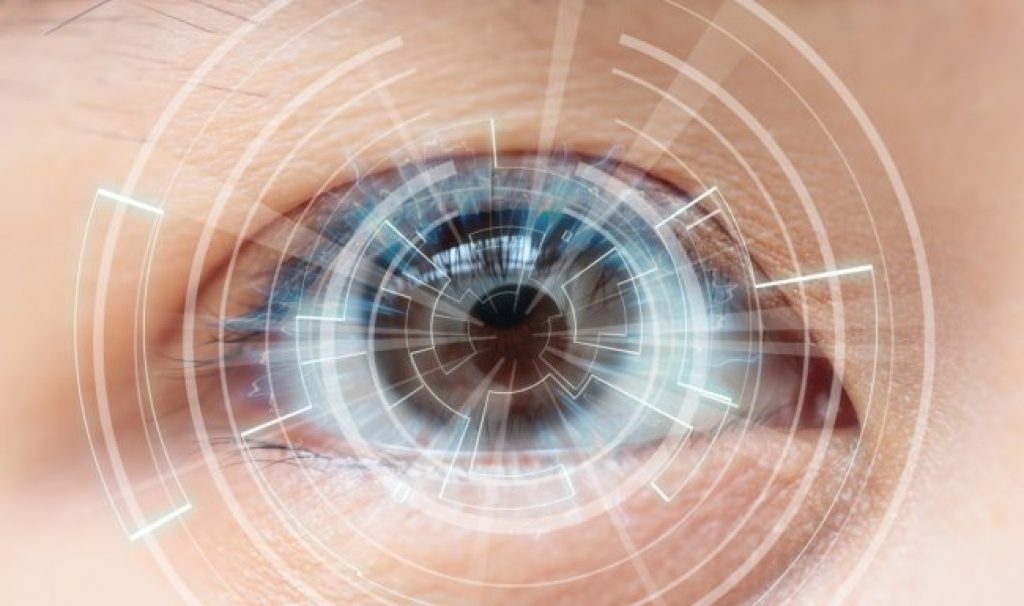
DeepMind, the London-based AI company owned by Google has teamed up with Moorfields Eye Hospital, one of the best-known hospital in the world of ophthalmology. It has analysed thousands of retinal scans to train an AI algorithm to find signs of eye disease.
Findings have been submitted to a medical journal after promising signs from a two year partnership with the National Health Service and London’s Moorfields Eye Hospital. The technology could enter clinical trials in a few years if results pass a peer review by academics.
“Research shows that an ageing and growing world population could lead to a threefold increase in blindness by 2050, so it is vital we explore the use of cutting-edge technology,” said Professor Sir Peng Tee Khaw, director of research and development at Moorfields.
“If we can diagnose and treat eye conditions early, it will give us the best chance of saving people’s sight. Machine learning could support healthcare professionals to quickly analyse highly complex optical coherence tomography (OCT) scans to diagnose retinal diseases. This means that patients with sight-threatening conditions could be prioritised and seen urgently in hospital eye services.”
At the moment, retinal scans are examined by specialists, which take a considerable amount of time.
The AI algorithm is being trained to spot signs of glaucoma, age-related macular degeneration and diabetic retinopathy, which are three of the biggest eye diseases in the world, quicker and more efficiently than a human specialist.
Prof Tee Khaw said he was “optimistic” that the research could prevent people around the world from suffering avoidable sight loss.
DeepMind has also partnered with University College London Hospitals and Imperial College London to develop its algorithm for eye scans for radiotherapy scans and mammograms, the Financial Times reported.
“In areas like medical imaging, you can see we’re going to make really tremendous progress in the next couple of years with artificial intelligence,” said DeepMind Health’s clinical lead Dominic King.




